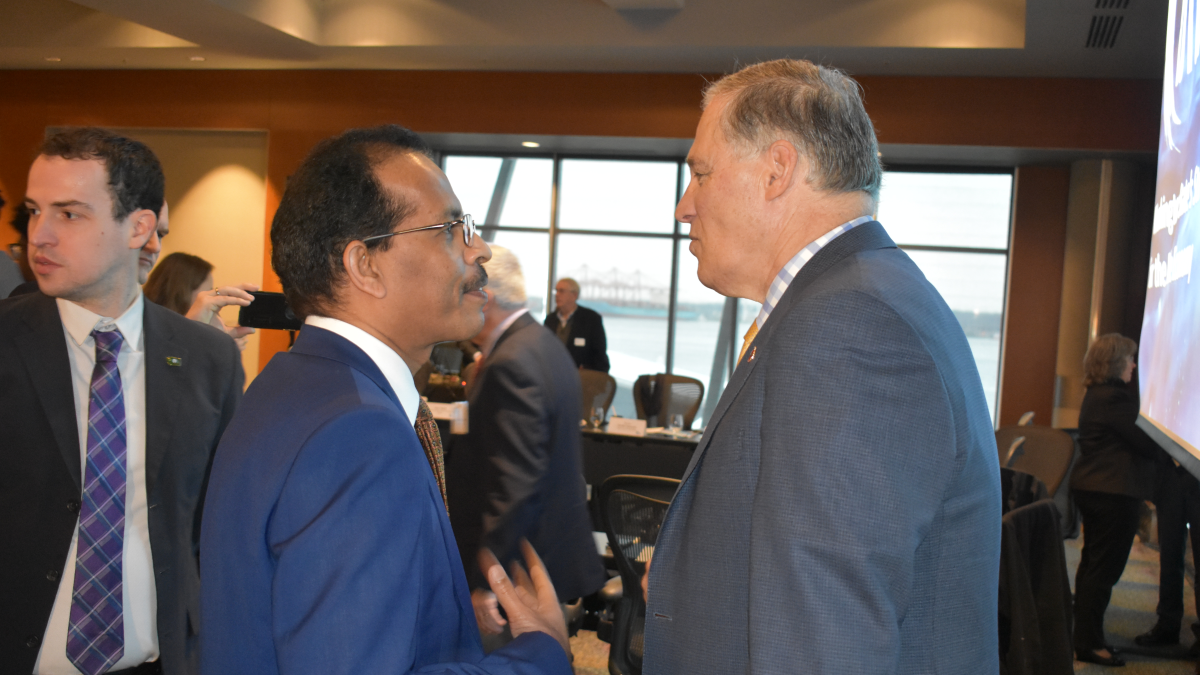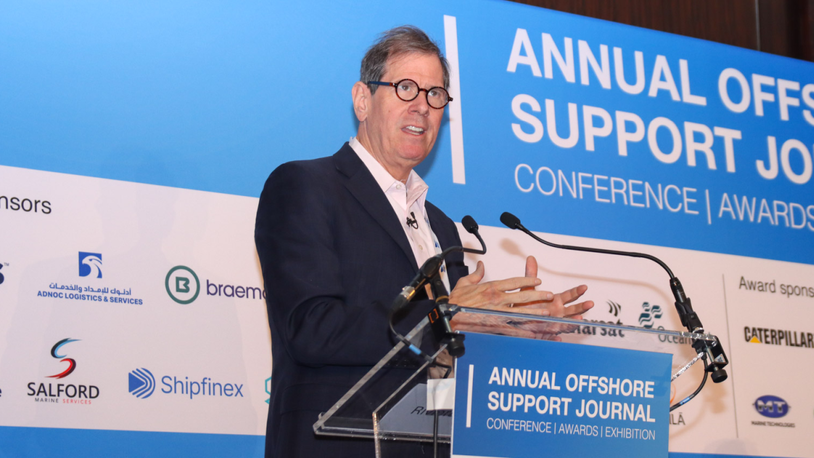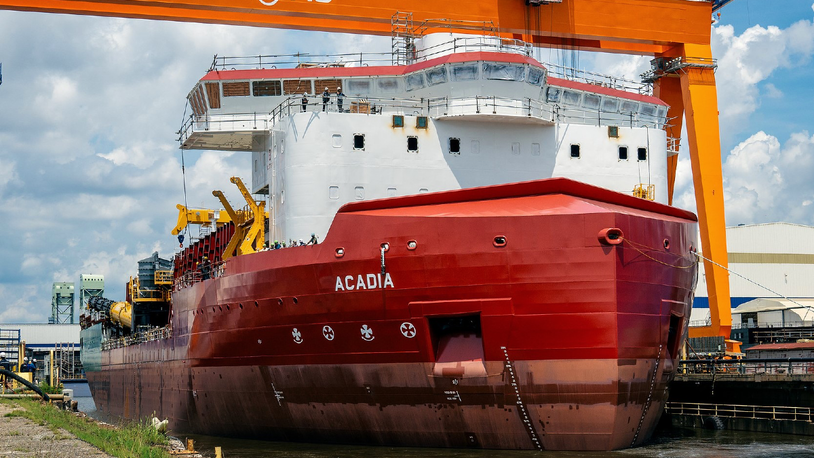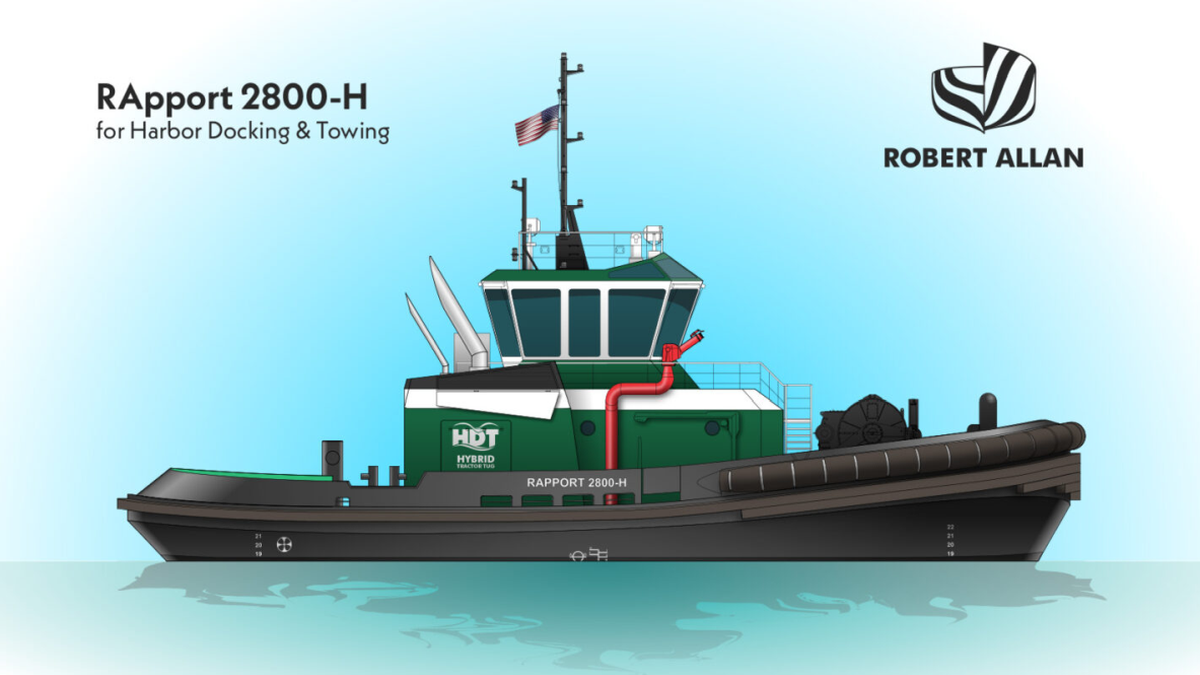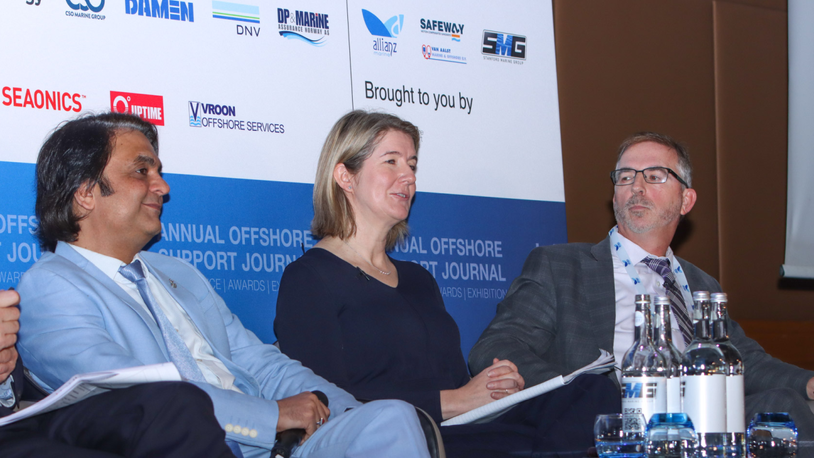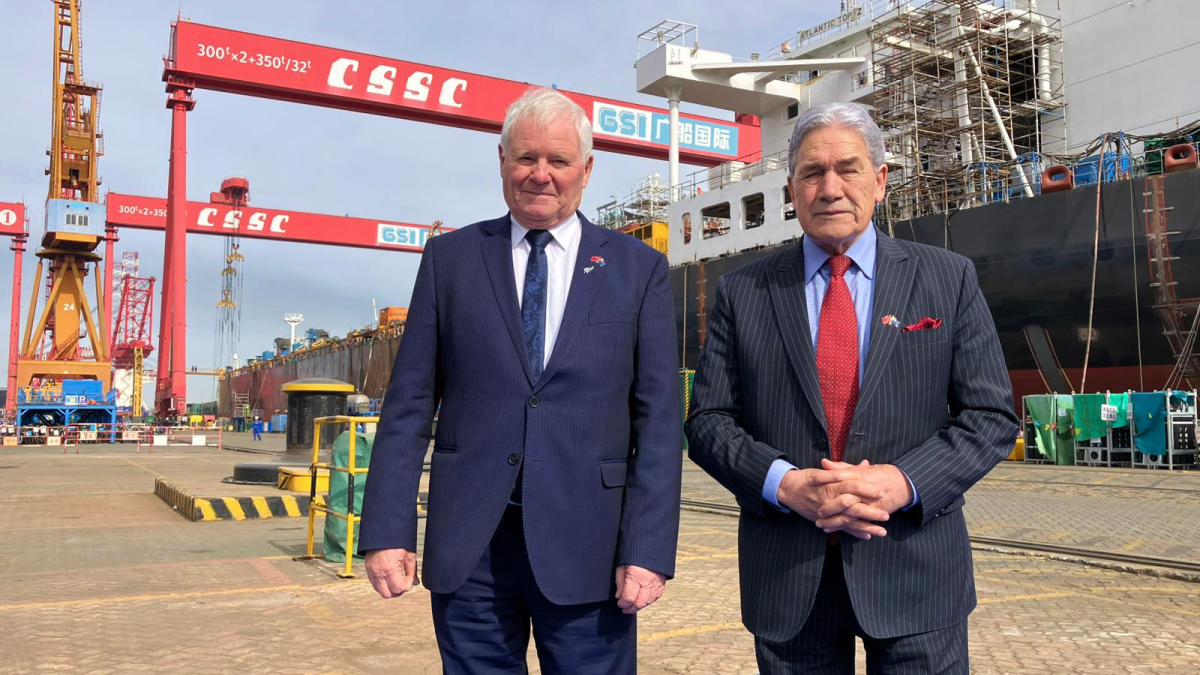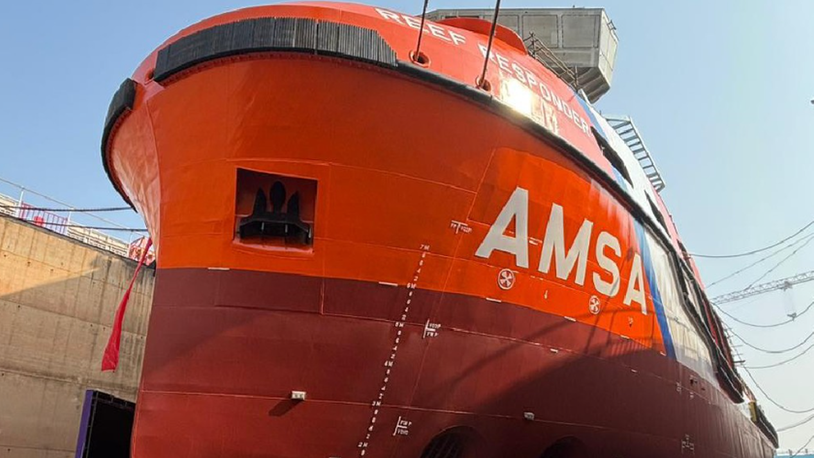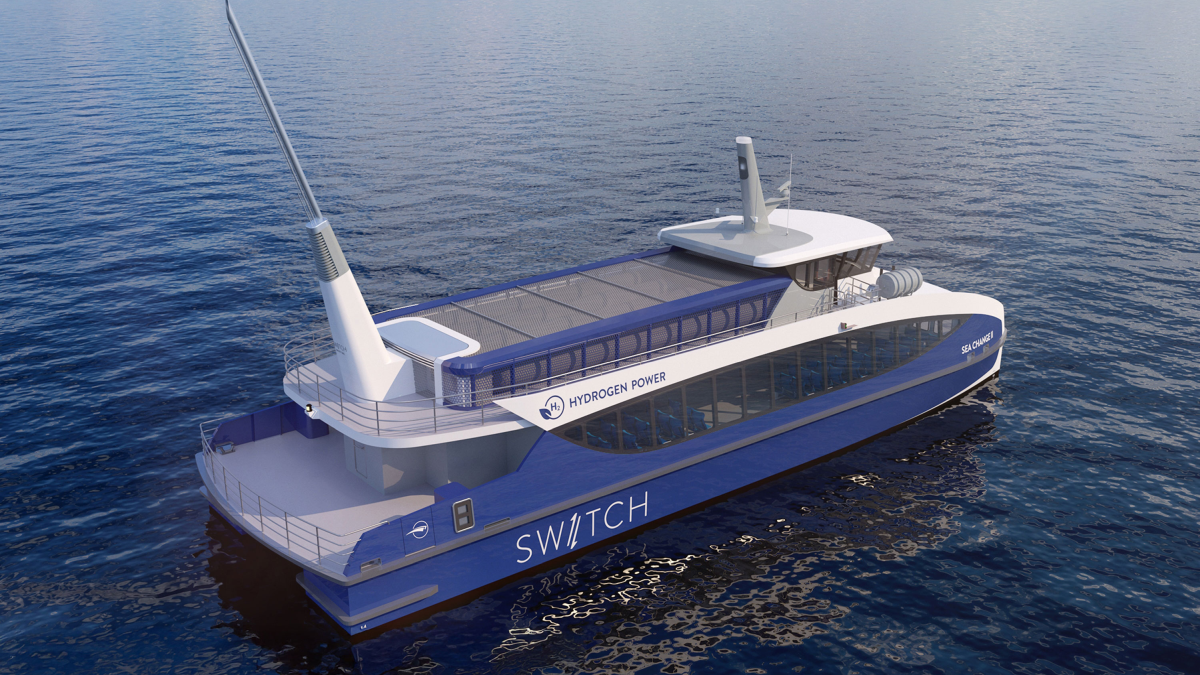Business Sectors
Events
Floating energy: successfully unlocking stranded gas using FLNGs and FSRUs
Contents
Register to read more articles.
Shipping’s best fuel for decarbonisation: collaboration
DNV executive vice president and regional manager for Maritime Americas Antony Dsouza explains how the class society is helping stakeholders chart their decarbonisation pathway and why collaboration is key to meeting net zero
With the growing urgency to accelerate the pace of the energy transition, decarbonisation has undoubtedly become a global imperative. For the maritime industry, IMO’s 2050 emissions-reduction goal is clear, yet the path to implementation remains uncertain. Despite this uncertainty, DNV is working to advance the idea that collaboration is the key to success in decarbonising the maritime world. Antony DSouza, executive vice president and regional manager for Maritime Americas at DNV, says every industry stakeholder has a role to play in decarbonising the industry and with commitment and curiosity the industry’s challenge can be transformed into an opportunity.
The decarbonisation pathway
DNV is supporting stakeholders across the maritime industry in their quest to reach net zero emissions. To achieve a low-carbon future, DNV says it is essential to develop a comprehensive strategy and roadmap to advance efforts that can be sustainable. Mr DSouza tells Marine Propulsion that this is no small task to accomplish.
“When charting a decarbonisation course, shipowners and operators should first assess current fleet performance, not only in terms of meeting the short-term EEXI and CII targets, but also address the requirements and demands from charterers, financial institutions, and regional regulations they may be subjected to,” he states. “First, understanding current fleet performance and focusing on energy efficiency and fuel-saving measures are necessary to meet the requirements in this decade. After that, we need to look to address longer-term needs,” he says.
“There are risks, but there are also opportunities”
When planning for long-term fleet renewal, shipowners need to consider low- and zero-carbon fuels and technologies that will be used by ships’ over their decades-long service lives to meet greenhouse gas (GHG) emissions reduction targets. DNV is continuously helping shipowners ’future-proof’ their fleets and is engaged with shipowners and other maritime stakeholders as they assess their options to develop their fleet’s transition stairway to net-zero.
“We support decision-makers in understanding all aspects of the energy system, from the timeline to the interdependencies of the various technologies, as well as the policy and regulatory landscape," explains Mr DSouza. He acknowledges the energy transition is challenging but it has an upside, too. “Just like any new undertaking, there are risks, but there are also opportunities. Our insight helps industry stakeholders make sense of the uncertainty, and with our expertise, they can take advantage of the right opportunities and set their specific strategy.”

The multi-fuel future
Decarbonisation strategies will not be one-size-fits-all in the multi-fuel future that lays ahead for the industry. “LNG, methanol, biofuels, and ammonia are the front runners among the fuel options available for today,” says Mr DSouza. “In the long term, our research suggests that beyond LNG, ammonia, biodiesel, liquid biogas and electro-fuels are promising carbon-neutral options in the deep-sea sector; and battery-hybrid, fuel cell, and hydrogen solutions are leading options for the short-sea and coastal shipping segments.”
To construct a decarbonisation stairway, Mr DSouza says shipowners need to consider several factors before taking their first step. “Understanding the options is important when it comes to future fuel choice. That includes not just the level of maturity and availability of the fuels, but also how well suited they are for your unique operating profile,” he says.
“By increasing flexibility, the pressure to find the perfect fuel lessens”
Different ship types, different trade routes, and other factors lead to different alternative fuel solutions. Emerging technologies, like multi-fuel tank systems, provide near-term flexibility by enabling vessels to store and consume several different fuel types. Mr DSouza sees these technologies as a considerable breakthrough in the decision-making landscape for shipowners and operators. “Applying these technologies enables decision-makers to take tangible steps now to reduce emissions without committing to a single fuel. By increasing flexibility, the pressure to find the "perfect fuel" lessens, and stakeholders can proceed more mindfully,” he points out.
Going further together
Although decarbonising shipping cannot be solved by one organisation on its own, if there is any hope of meeting the 2050 emissions target, taking tangible action now is absolutely necessary. It’s an all-hands-on-deck effort that will take a partnership of stakeholders from across the industry.
“Decarbonisation is being pursued by the world at large,” says Mr DSouza. “For the shipping industry to fulfil its part, collaboration is needed up and down the value chain. Whether you are a fuel producer, engine manufacturer, shipyard, financer, or regulator, we all have a role to play, and with everyone at the table, we can create enough momentum to be successful.”
Collaboration is part of DNV’s DNA; it is a member of numerous international coalitions and partnerships focused on decarbonisation. This includes being a founding member of the Maritime Technologies Forum, comprised of class societies and flag states seeking to spur decarbonisation by bridging the gap between technology expertise and regulatory process. The class society has also assumed leadership positions in regional efforts to reduce emissions, including the Global Centre for Maritime Decarbonisation in Singapore, North America’s Blue Sky Maritime Coalition, Washington State’s Washington Maritime Blue, and the Vancouver Maritime Centre for Climate in British Columbia, Canada. “We firmly believe that together we achieve more,” says Mr DSouza. “Decarbonisation is a shared responsibility, and in the maritime industry, we can accelerate the transition by co-operatively sharing knowledge, technologies, and experience. Each of us doesn’t need all the answers when we progress together towards the goal through innovation and collaboration. Together we can make the seemingly impossible possible.”
Related to this Story
Retrofit fund ties lease payments to performance
Events
Maritime Regulations Webinar Week
Floating energy: successfully unlocking stranded gas using FLNGs and FSRUs
© 2024 Riviera Maritime Media Ltd.


